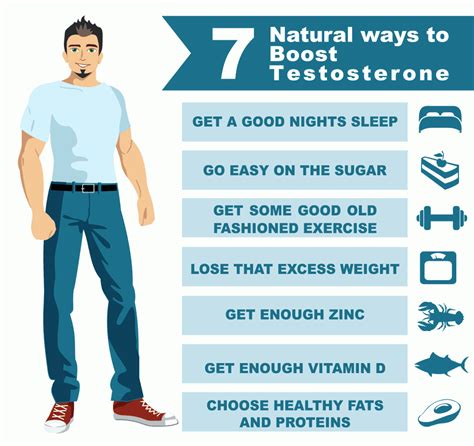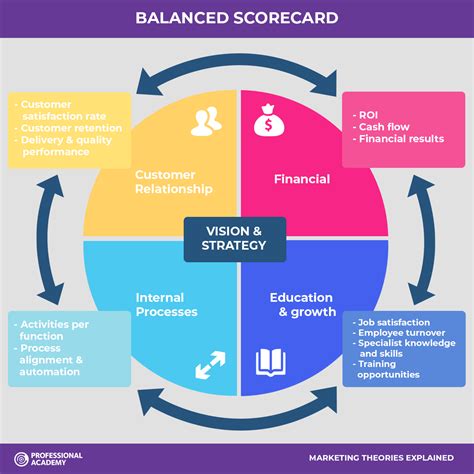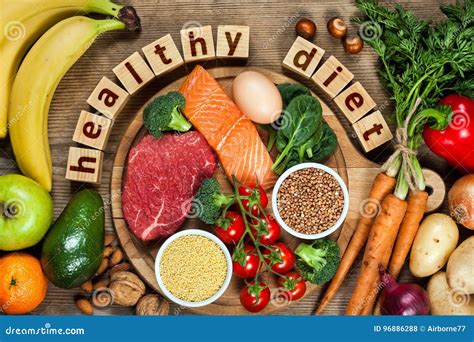How to naturally optimize male testosterone for strength, energy, and focus?

Testosterone, often hailed as the cornerstone of male vitality, plays a crucial role beyond just libido. Optimal levels contribute significantly to physical strength, sustained energy, mental clarity, and overall well-being. While many solutions promise quick fixes, a natural, holistic approach to testosterone optimization is often the most sustainable and beneficial. This article delves into evidence-based strategies to help men naturally enhance their testosterone for a more robust and focused life.
The Foundations of Testosterone Production
Understanding how testosterone is produced and what hinders it is the first step. Our bodies synthesize this vital hormone from cholesterol, a process influenced by a myriad of factors including nutrition, physical activity, sleep patterns, and stress levels. Disruptions in any of these areas can lead to suboptimal testosterone levels, manifesting as fatigue, reduced strength, weight gain, and diminished cognitive function.

Nutritional Powerhouses for Hormone Health
What you eat directly impacts your hormone profile. A diet rich in whole foods, healthy fats, lean proteins, and essential micronutrients is paramount.
Embrace Healthy Fats
Cholesterol is a precursor to testosterone, so consuming healthy fats is crucial. Include sources like avocados, nuts, seeds, olive oil, and fatty fish (salmon, mackerel) rich in omega-3s. Avoid trans fats and excessive saturated fats found in processed foods.
Prioritize Protein Intake
Adequate protein supports muscle growth and hormone synthesis. Opt for lean meats, poultry, eggs, dairy, and plant-based proteins like legumes and tofu.
Micronutrient Essentials
- Zinc: Found in oysters, red meat, pumpkin seeds, and beans, zinc is a vital mineral for testosterone production.
- Vitamin D: Often called the “sunshine vitamin,” Vitamin D is actually a steroid hormone that positively correlates with testosterone levels. Get safe sun exposure or supplement if deficient.
- Magnesium: Involved in over 300 enzymatic reactions, magnesium supports overall hormone health. Good sources include leafy greens, nuts, seeds, and whole grains.

Strategic Exercise for Hormonal Boost
Physical activity is a powerful natural testosterone booster, but the type and intensity matter.
Strength Training is King
Compound exercises that engage multiple muscle groups – squats, deadlifts, bench presses, rows – are particularly effective. Aim for 3-4 sessions per week with adequate rest days. Focus on lifting heavy weights with proper form to stimulate growth hormone and testosterone release.
Incorporate High-Intensity Interval Training (HIIT)
Short bursts of intense exercise followed by brief recovery periods can also significantly increase testosterone levels. Examples include sprints, cycling, or rowing. Limit HIIT to 1-2 times per week to avoid overtraining.
Avoid Overtraining
While exercise is beneficial, excessive or prolonged cardio and overtraining can actually lower testosterone and raise cortisol levels. Listen to your body and prioritize recovery.
The Critical Role of Quality Sleep
Sleep is where your body repairs, recovers, and produces vital hormones. Chronic sleep deprivation is a major culprit for low testosterone.
Aim for 7-9 hours of high-quality sleep per night. Establish a consistent sleep schedule, create a dark and cool sleep environment, and avoid screens before bed. Even a single week of insufficient sleep can significantly drop testosterone levels.

Mastering Stress and Cortisol
Chronic stress elevates cortisol, a hormone that directly antagonizes testosterone. High cortisol levels can suppress testosterone production and lead to a host of health issues.
Implement stress-reduction techniques into your daily routine:
- Meditation and mindfulness practices
- Deep breathing exercises
- Spending time in nature
- Engaging in hobbies or activities you enjoy
- Prioritizing social connections

Lifestyle Adjustments for Lasting Results
Beyond the core pillars, several lifestyle factors contribute to overall hormonal balance.
Maintain a Healthy Body Weight
Excess body fat, particularly visceral fat around the abdomen, increases the enzyme aromatase, which converts testosterone into estrogen. Losing excess weight can significantly improve testosterone levels.
Limit Alcohol Consumption
Heavy and chronic alcohol intake can be detrimental to testosterone production and liver health.
Avoid Endocrine Disruptors
Minimize exposure to chemicals like BPA, phthalates, and parabens found in plastics, personal care products, and pesticides, as they can mimic hormones and disrupt endocrine function.

Natural Supplements (Use with Caution)
While diet, exercise, and lifestyle are primary, certain natural supplements can support testosterone production, especially if you have a deficiency or specific need. Always consult a healthcare professional before starting any supplement regimen.
- Vitamin D: As mentioned, crucial if deficient.
- Zinc: Beneficial if dietary intake is insufficient.
- Ashwagandha: An adaptogenic herb shown to reduce cortisol and increase testosterone in stressed individuals.
- Fenugreek: Some studies suggest it can help boost free and total testosterone.
Conclusion
Optimizing male testosterone naturally is not about a single magic pill or quick fix; it’s about adopting a holistic approach that integrates nutrition, targeted exercise, restorative sleep, and effective stress management. By consistently implementing these strategies, men can significantly enhance their strength, energy, and focus, paving the way for a healthier, more vibrant life. Consistency and patience are key, as true hormonal balance is achieved through sustainable lifestyle changes.









